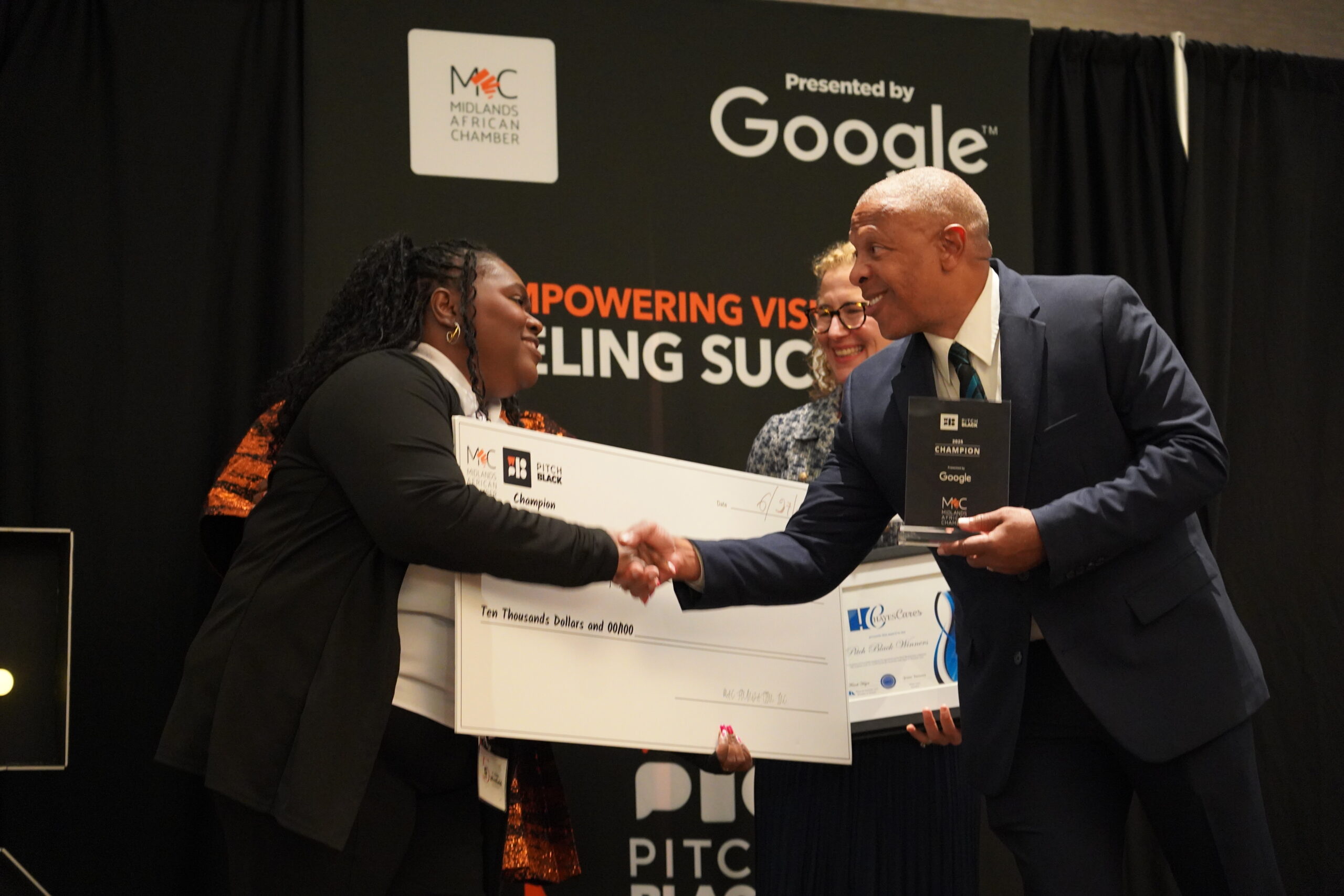
When Ryan Downs became Proxibid’s CEO earlier this month, he fulfilled a succession plan established when he joined the company in August 2010.

Ryan Downs didn’t have to wait long to celebrate his first milestone as Proxibid‘s CEO.
Proxibid, the Omaha company that runs an online marketplace for high-value and specialized assets, announced Oct. 1 that Downs, who came on board as president in August 2010, had become the company’s new CEO. With Downs’ move, Proxibid announced that former CEO Bruce Hoberman was staying on as chairman of the board.
Just one week after that announcement, Proxibid on Monday revealed that it had enjoyed a record-breaking September, with its total revenue during the month growing 59 percent compared to September 2011. That growth contributed to a third quarter during which Proxibid saw a 34-percent uptick in revenue over the same period the previous year.
Between the time Proxibid announced Downs’ new title and released its third-quarter figures, we caught up with Downs on Wednesday for a phone interview. During our chat, we revisited a handful of topics covered in our September 2011 interview with Downs and picked the new CEO’s brain about the significance of his additional title.
Silicon Prairie News: How, if at all, does the new title change your job description?
Ryan Downs: From a day-to-day standpoint I’d already kind of started doing a lot of the things that a CEO would do over the last couple years. I was actually hired really as a part of a succession plan so that Bruce could step away when he felt it was the right time. And he has now taken the role as chairman of the board, and so in some sense it’s really just carrying out a plan that was put in place a couple years ago for a real, seamless and effective succession plan.
SPN: What are some of the most important things you’ve gleaned in your two-plus years preparing for the new title?
RD: The key thing I learned is that this marketplace is very attractive to people other than auctioneers and … we can achieve even more growth if we embrace actual asset owners and manufacturers and large fleets and large companies and let them sell their assets using other models such as instant purchase, make an offer or just have them do pure advertising. Those are things we didn’t do when I started a couple years ago.
I think the other thing that we’ve learned is just how important technical excellence is, and I think we’ve invested in a major way behind that and we’ve accelerated growth because of the usability of our platform and the improvements to our user experience.
SPN: Last year at about this time you mentioned Proxibid moving toward meeting general ecommerce standards. In official company literature, Proxibid has gone from a “real auction marketplace” to “a marketplace.” Lots of factors indicate a shift away from the auction. Would you call yourselves an ecommerce company at this point?
RD: I wouldn’t say a shift away from the auction. I would say continue to drive the auction business but add to it. … We’re still 95 percent auction, but we’re adding other things to it. Would I say that we’re more of an ecommerce company (than before)? Yes, I would, and I think we’ve come a long way in reflecting the standard ecommerce methods that have been perfected out there. There’s still some work to do on that, but we are way closer than we were two years ago.
SPN: Because this is an annual check-in of sorts, what’s at the top of your checklist for the next year?
RD: There are really kind of three things that we’re focused on. The first is continue to drive that core auction business, because it’s very, very important to us. It makes up most of the marketplace today. There’s kind of two pieces to that: One is to continue to deliver a better experience for the auction companies and acquire new ones, and the other is to continue to improve the experience for bidders and acquire new ones. …
Number two is to continue to grow the new business, which is with non-auction partners — what we would call our direct model. And the direct model doesn’t necessarily exclude auction companies, because a lot of time we bring those assets in from an asset owner and we bring an auction partner in to help us sell those, so that’s really key. …
The third thing would be to increase our focus on fine art. We do sell fine art in our system today, but we just believe there’s a lot more opportunity out there, and we believe that it will open up some international opportunities.
You notice I don’t list aggressive international expansion as part of the next year, but we will be doing some international stuff opportunistically in each of those three areas: the core auction business, the direct business and the fine art business. But those are really the three things that we’re focused on.
SPN: If I recall correctly, international expansion was a prominent part of the conversation previously. Is there a reason for Proxibid’s more domestic focus in the short term?
RD: The way I’m thinking about it now, it’s domestic focus while being opportunistic around the world. … So we will do some things internationally. The reason for not making a huge push is really two things: Number one, there is so much opportunity domestically that’s just easier for us to get. It’s hard and expensive to extend an enterprise internationally.
Number two, to really do international, to really expand internationally the proper way, we need to do a few things to our website architecture so localization of the sites is easier. And we’ll have most of that work done in the next few months, but I’d like to do that because it will help us expand in a more scalable and efficient manner.
SPN: Are there any CEOs out there whose example you’ve looked to or who you’ve groomed yourself to be like?
RD: There is a guy who I try to model what he did because I admired the guy so much and I respect him so much. He’s actually deceased now — he died very young of cancer — but his name was Rajiv Dutta, and he was CEO for a lot of my time at PayPal. He was the CEO of PayPal, and he was just tremendous.
So sometimes when I’m faced with a challenging situation, I ask myself, “What would Rajiv do in this situation?” because Rajiv was so big on integrity and character and doing the right thing for all the interested parties. And on top of that he was just very bright and personable and accessible and a lot of things I really admired about him. But he’s the guy, of all the guys I’ve been exposed to and worked with, he’s the guy I really try to emulate.
Credits: Photo of Downs by Danny Schreiber.



